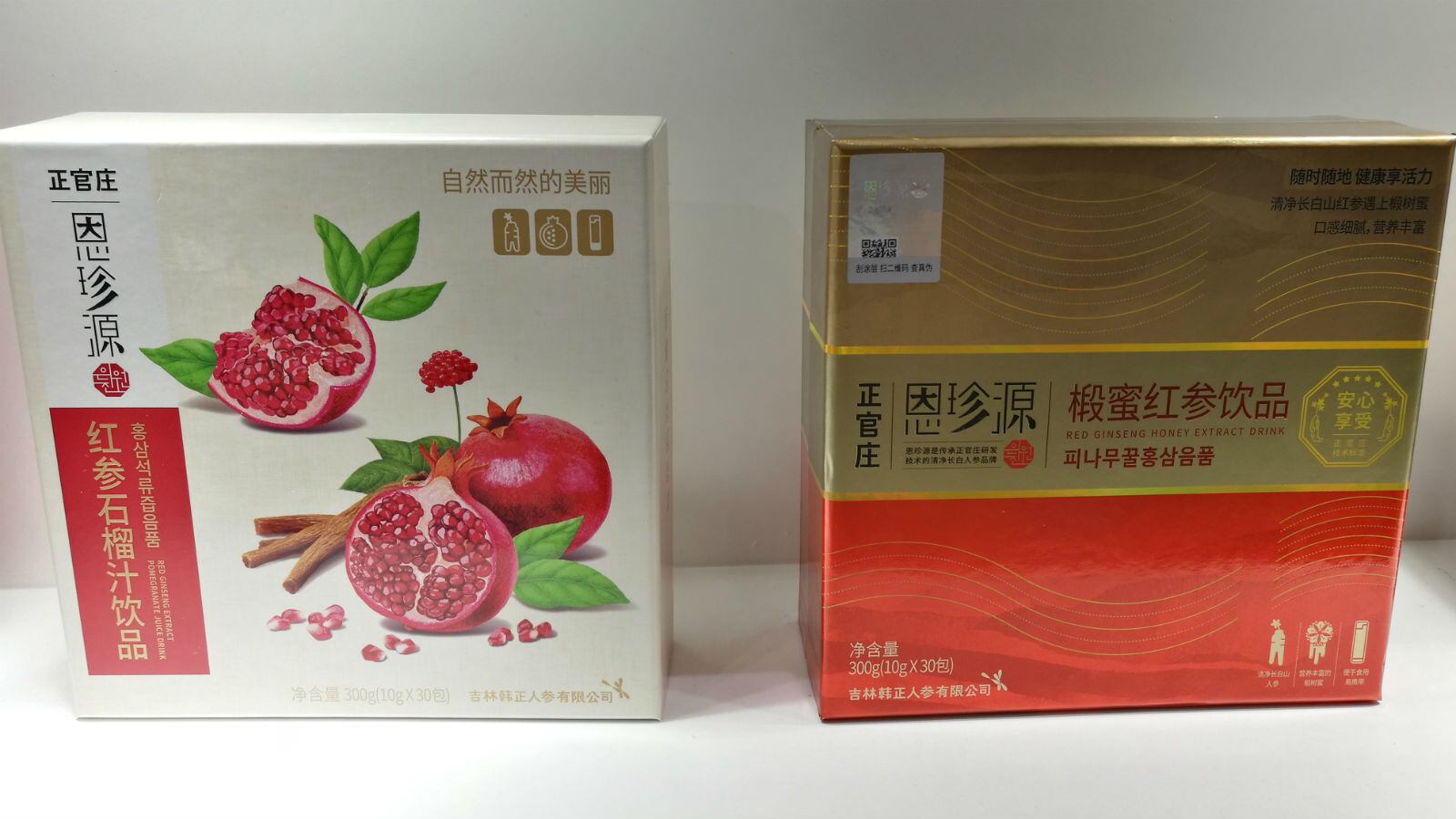KRG is commonly perceived as a “heaty” ingredient among Asia consumers, which could lead to “fire-heat” syndromes such as sore throat, ulcers, and constipation.
Therefore, Chinese researchers embarked on a clinical trial to validate the claims, with results published in the peer-reviewed publication Journal of Ginseng Research.
Spanning over four weeks, the study was supported by grant from the Korean Society of Ginseng and the National Natural Science Foundation of China.
It was the first randomised, double-blind, placebo-controlled clinical trial to examine the safety and efficacy of KRG in Chinese patients with deficiency syndrome.
A total of 174 subjects with deficiency syndrome from the LongHua Hospital Shanghai University of Traditional Chinese Medicine took part in the whole course of the study.
They were randomised into three groups.
The two experiment groups were given KRG capsules made by the Korea Ginseng Corporation, with a dosage of 1.8g KRG or 3.6g KRG each day, while the placebo control group took placebo capsules.
Using TCM symptom questionnaire, a “fire-heat” symptom scale, and fatigue self-assessment scale, the effects of KRG consumption were assessed.
The “fire-heat” symptom scale is a 43-item scale in which the scores are added to obtain an overall score. A higher score reflects a greater degree of “heatiness” or “fireness” in the body.
Results showed that the “fire-heat” score decreased in all three groups. However, when comparing the three groups, there was no significant difference in the level of reduction.
For instance, the reduction was between 0.09 and 0.11 in both experiment groups, while that of the placebo group was between 0.09 and 0.10.
There were also no moderate or serious adverse events reported during the study period. Laboratory tests and electrocardiogram results of the subjects were also in the normal range.
As for its effects on improving fatigue levels, it was shown that consuming 3.6g of KRG per day for one week has brought fatigue scores down by 0.07 to 0.1.
As for the placebo group, the decrease was between 0.01 and 0.03.
By week 4, the reduction in the fatigue scores was most obvious in the group that took 3.6g of KRG per day.
The reduction for this group increased from -0.1 ± 0.07 to −0.58 ± 0.20. Whereas for the placebo group, the reduction grew from −0.01 ± 0.03 to −0.38 ± 0.13.
“We found that KRG treatment was not associated with an increase in the fire-heat symptom score for people with deficiency syndrome.
“We found a statistically significant improvement in terms of fatigue-related symptoms during the KRG treatment,” the researchers concluded.
Anti-fatigue properties
The researchers attributed the anti-fatigue effects of KRG to its chemical components.
They pointed out that high amounts of acidic polysaccharides might play a crucial role.
In KGR, the amount of acidic polysaccharides is three times higher than that of white ginseng, due to the degradation of sugar components in the steaming and drying processes.
Limitations
The researchers said that the results of the study might not be applicable to the general population, as the study only involved Chinese patients suffering from deficiency syndrome.
However, they also pointed out that TCM theory states that ginseng is only suitable for people with deficiency syndrome, and thus, it was reasonable to choose this group of participants.
Second, the concept of “heatiness” or “fireness” is based on the subjective judgement of clinicians, rather than objective diagnostic parameters.
The “fire-heat” syndrome concept has been used as a diagnostic marker in clinical practice for more than 1,000 years, but not yet clearly defined by specific physiological indicators.
Third, a follow-up was not conducted after the four-week study.
They added that a larger sample size and longer treatment might be needed to further evaluate the safety of KRG.
Source: Journal of Ginseng Research, Volume 43, Issue 4, Oct 2019
Safety and antifatigue effect of Korean Red Ginseng: a randomized, double-blind, and placebo-controlled clinical trial
https://doi.org/10.1016/j.jgr.2019.05.006
Authors: Li Zhang and et al




